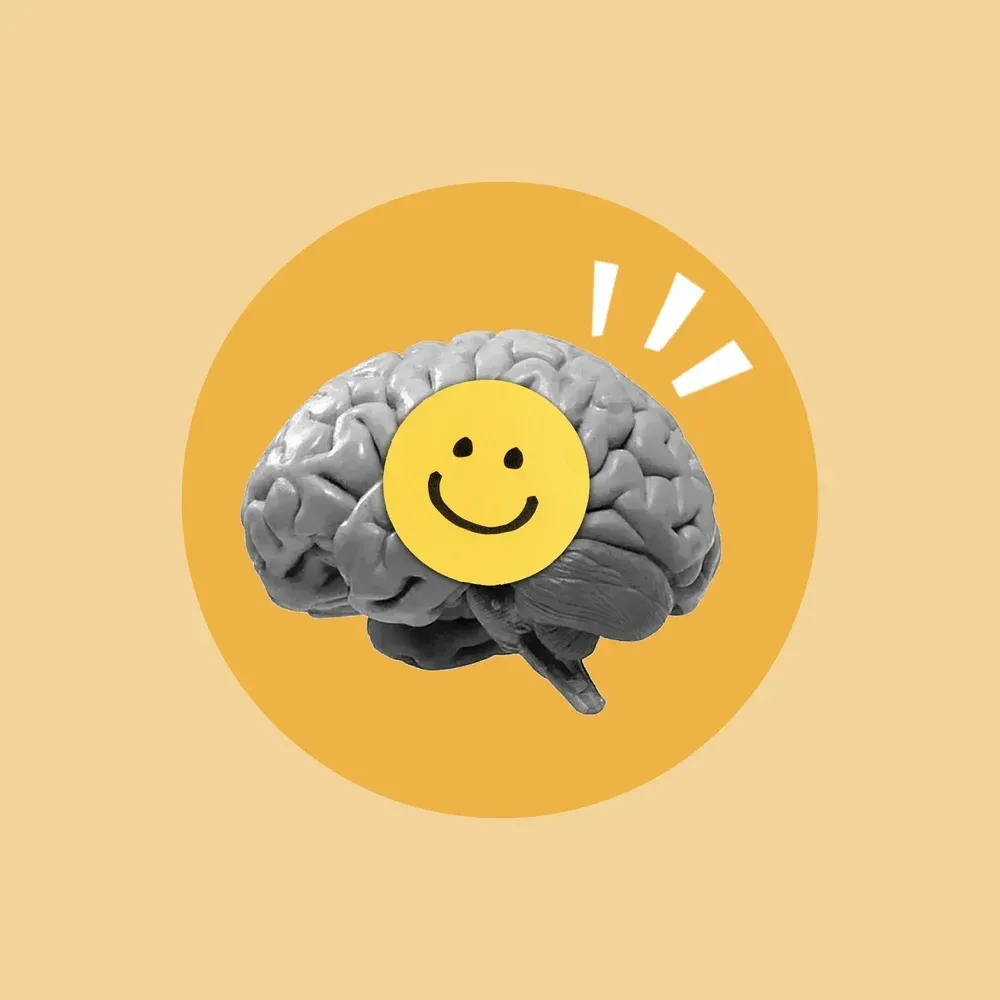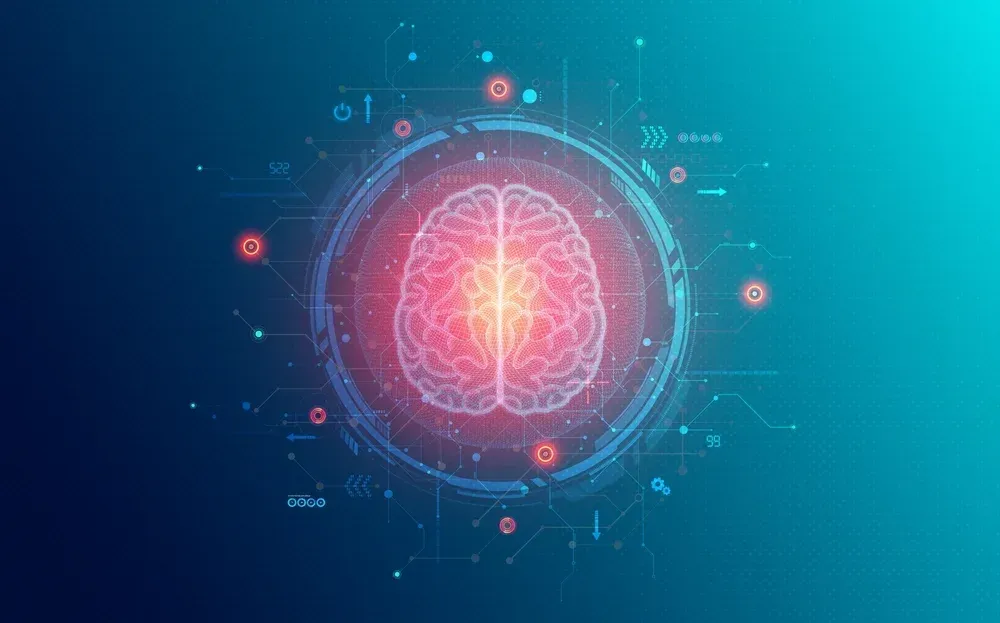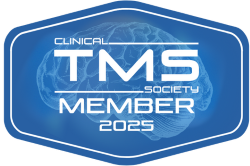
JOIN US! TMS Education Event - Tuesday, April 9th 5:30pm pst - Click to learn more!
TMS for Eating Disorders: Promoting a Healthy Relationship with Food
Eating disorders are complex mental health conditions that can have a devastating impact on an individual's physical, emotional, and social well-being. These disorders are characterized by a persistent disruption in eating behaviors, a distorted perception of body image, and a profound struggle with maintaining a healthy relationship with food.
The consequences of
eating disorders can be severe, ranging from malnutrition and organ damage to depression, anxiety, and even life-threatening complications. Historically, the treatment of these conditions has relied on a combination of psychotherapy and medication — while these approaches have shown some effectiveness, they have also been limited in their ability to address the underlying neurobiological mechanisms that contribute to the development of eating disorders.
This article explores the potential of
transcranial magnetic stimulation (TMS) as an alternative method for promoting a healthier relationship with food. Taking an evidence-based approach, we examine how this innovative therapy can complement traditional treatment methods and offer new hope for those struggling with the most common eating disorders.
Understanding Eating Disorders
The three most common eating disorders are anorexia, bulimia, and binge eating disorder (BED). Each type is characterized by the profound impact it can have on an individual’s physical and emotional well-being, often associated directly with underlying mental health concerns.
It’s thought that
28.8 million Americans will suffer an eating disorder during their lifetime — approximately 9% of the population. The prevalence of eating disorders underscores the importance of finding effective solutions, but in order to do that, we first need to understand the conditions and the impact they can have on the body.
Anorexia Nervosa
Anorexia nervosa is characterized by an intense fear of gaining weight and a distorted perception of one's body image. People who suffer from anorexia tend to engage in restrictive eating, excessive exercise, and sometimes even self-induced vomiting in an effort to maintain an extremely low body weight.
The condition can lead to severe malnutrition, disruptions in menstrual cycles, and other dangerous physical complications. It is often accompanied by co-occurring mental health disorders such as anxiety, depression, and obsessive-compulsive disorder.
Anorexia Nervosa
Bulimia is marked by recurrent episodes of binge eating followed by purging behaviors, such as self-induced vomiting, misuse of laxatives, or excessive exercise. Individuals with bulimia may feel a lack of control during binge episodes and then engage in compensatory behaviors to prevent weight gain.
The cycle of excessive eating followed by compensatory behaviors can lead to electrolyte imbalances, dental problems, and other physical health issues. Bulimia is frequently associated with depression, anxiety, and substance abuse disorders.
Anorexia Nervosa
Binge eating disorder (BED) is another form of eating disorder, characterized by recurrent episodes of uncontrolled overeating without the compensatory behaviors seen in bulimia.
Individuals with BED may consume large quantities of food in a short period of time, and feel a sense of shame or guilt afterward. BED is often linked to obesity, as well as co-occurring conditions like depression, anxiety, and bipolar disorder.
TMS for Eating Disorders: How It Works
Transcranial Magnetic Stimulation (TMS) has emerged as a promising solution for treating eating disorders for several key reasons. A non-invasive therapeutic technique, TMS uses magnetic fields to stimulate specific regions of the brain, modulating neural activity and alleviating symptoms of eating disorders.
Clinical evidence shows that targeting the dorsolateral prefrontal cortex (DLPFC) during TMS treatment can
improve satiety, reduce body mass index (BMI), and regulate emotional control. This is because the DLPFC plays a crucial role in decision making and emotional regulation. By applying a series of magnetic pulses to this area of the brain, TMS can restore a healthier neurological balance and influence key behavioral patterns.
The Science Behind TMS for Eating Disorders
A randomized controlled trial conducted by Marco Cavicchioli et. al showed that Repetitive TMS (rTMS) can be effective for treating various types of eating disorders, including anorexia, bulimia, and BED. As an FDA-approved treatment for anxiety and depression, the efficacy of TMS in treating these disorders is well documented, however, Cavicchioli’s clinical trial showed promising results in the specific context of eating disorders.
Cavicchioli found that TMS can lead to substantial improvements in eating disorder symptoms, such as the intense preoccupation with food, distorted body image, and the loss of control over eating behaviors. Modulating the activity in the DLPFC can enhance the brain’s ability to regulate impulses — this targeted approach “induced large improvements” in BMI among individuals with binge eating disorder, while also promoting greater emotional control in individuals who suffer from anorexia and bulimia.
Interestingly, the benefits of TMS treatment for eating disorders extend beyond the primary disorder symptoms. The reported effects on associated mental health conditions, such as depression and anxiety, mean that individuals undergoing rTMS treatment for their eating disorders have often experienced a
concomitant reduction in symptoms of associated mental health conditions — further highlighting the potential of this therapy to address the complex interplay between eating disorders and co-occurring mental health issues.
Benefits of TMS in Treating Eating Disorders
Eating disorders have traditionally been treated using a combination of psychotherapy, nutritional rehabilitation, and in some cases, medication. While these conventional treatment approaches have shown some effectiveness, they also have their limitations, which is why the emergence of TMS as a treatment option has garnered significant attention in the field of eating disorder management.
Pharmacological treatment for eating disorders can be hit and miss, with two medications (fluoxetine and lisdexamfetamine) showing “some efficacy” in treating bulimia and BED respectively. Research into the
efficacy of talk therapy shows similar results, with some individuals responding positively and others showing little to no improvement in their eating disorder symptoms.
In contrast, TMS has been found to
reduce symptoms of associated mental health conditions in 80% of cases, helping to better regulate emotional control and promote healthier eating habits in eating disorder patients.
So, what makes TMS different from traditional treatment options, and what are the clinical benefits of receiving treatment for patients with eating disorders?
1. Non-invasive and Effective for Treatment-Resistant Cases
TMS is a non-invasive, non-pharmacological therapy that does not require surgical intervention. This makes it a more accessible and appealing option for individuals who may be hesitant about more invasive treatments. Importantly, TMS has shown promise in addressing eating disorders that have proven resistant to traditional therapies, such as psychotherapy and medication. By directly targeting the neural mechanisms underlying the disorder, TMS can offer a new avenue of treatment for those who have not responded well to conventional approaches.
2. Promoting Healthier Eating Habits and Food Relationships
One of the primary benefits of TMS in treating eating disorders is its ability to promote healthier eating habits and a more positive relationship with food. By modulating the activity in the dorsolateral prefrontal cortex, TMS can enhance the brain's cognitive control, decision-making, and emotion regulation capabilities. This, in turn, can help individuals with eating disorders reduce their preoccupation with food, improve their ability to make healthier food choices, and develop a more balanced and adaptive approach to nourishing their bodies.
3. Addressing Underlying Neural Mechanisms
Eating disorders are complex conditions that involve disturbances in the brain's neural pathways and neurotransmitter systems. TMS directly targets these underlying neural mechanisms by stimulating specific brain regions, such as the dorsolateral prefrontal cortex, that are known to be involved in the pathophysiology of eating disorders. By addressing these core neural dysfunctions, TMS can help restore proper brain functioning and support the overall recovery process.
How does TMS compare to traditional treatment options for eating disorders?
One of the key advantages of TMS is its targeted approach. Unlike medication, which can have widespread effects on the brain and body, TMS allows for more precise and localized stimulation, potentially reducing the risk of side effects. Additionally, TMS does not require the patient to be actively engaged in the therapeutic process, as is the case with psychotherapy, making it a viable option for individuals who may be resistant to or unable to participate in traditional talk-based treatments.
Extensive research has been conducted into the side effect profile of TMS, with researchers universally concluding that the side effects are
mild and transitory. TMS offers a non-invasive, non-pharmacological approach to addressing the underlying neural mechanisms that contribute to eating disorder pathology, able to tackle the root cause of the conditions by targeting specific regions of the brain with a view to altering unhealthy behavioral patterns.

A Final Word from Kind Health TMS
There is a growing body of clinical evidence that highlights the tremendous potential of Transcranial Magnetic Stimulation (TMS) as a treatment option for eating disorders. By directly targeting the neural mechanisms underlying the core symptoms of these complex conditions, TMS offers a non-invasive and effective approach that can complement traditional therapies.
The ability of TMS to modulate the activity in the dorsolateral prefrontal cortex, a brain region crucial for cognitive control, decision-making, and emotional regulation, makes it a valuable tool in addressing the behavioral aspects of eating disorders. Clinical trials have demonstrated the efficacy of TMS in reducing symptoms such as food preoccupation, binge-purge episodes, and distorted body image perceptions, ultimately paving the way for improved overall functioning and quality of life.
If you or a loved one is struggling with an eating disorder, we encourage you to reach out to the experts at
Kind Health TMS for personalized guidance on incorporating Transcranial Magnetic Stimulation into your treatment plan.
Our dedicated team of TMS specialists understand the unique challenges of eating disorders and the importance of a comprehensive, patient-centered approach to care — we can work with you to develop an individualized treatment protocol that addresses the specific neural mechanisms underlying your condition, leveraging the latest advancements in neuromodulation to complement your existing support systems.

Meet the Author
Dr. Georgine Nanos, MD, MPH
Founder of Kind Health Group
If this is a life-threatening emergency, please call 911 or the National Suicide Prevention Lifeline

















































